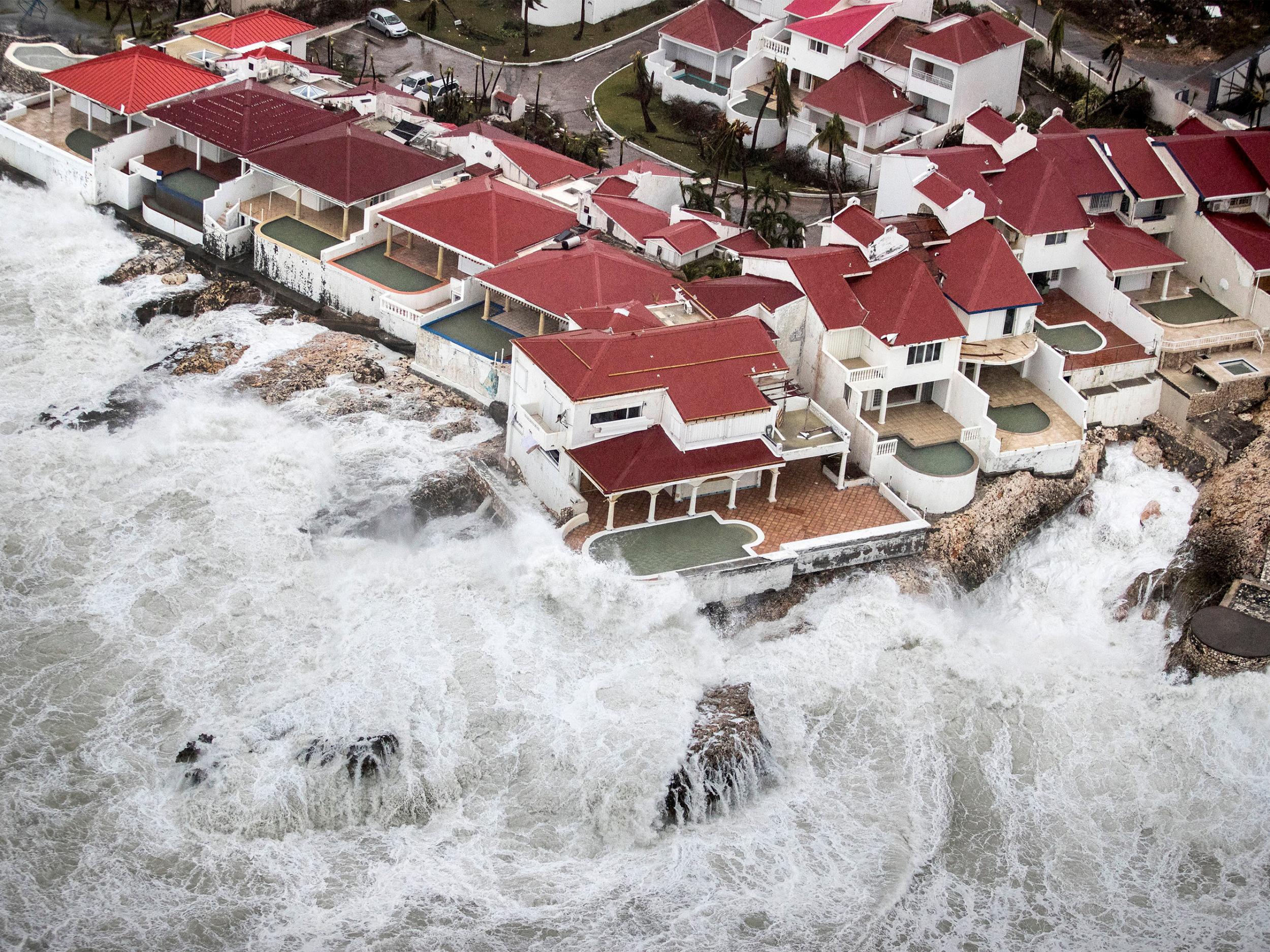Irma, Jose and now Katia: What on earth is going on, and how often does this happen?
Everything you need to know

Your support helps us to tell the story
From reproductive rights to climate change to Big Tech, The Independent is on the ground when the story is developing. Whether it's investigating the financials of Elon Musk's pro-Trump PAC or producing our latest documentary, 'The A Word', which shines a light on the American women fighting for reproductive rights, we know how important it is to parse out the facts from the messaging.
At such a critical moment in US history, we need reporters on the ground. Your donation allows us to keep sending journalists to speak to both sides of the story.
The Independent is trusted by Americans across the entire political spectrum. And unlike many other quality news outlets, we choose not to lock Americans out of our reporting and analysis with paywalls. We believe quality journalism should be available to everyone, paid for by those who can afford it.
Your support makes all the difference.The Atlantic Ocean is a mess of hurricanes right now.
First it was Irma – a Category 5 hurricane that is being called one of the most powerful storms in history – then came Jose, and then Katia. Three hurricanes are now prowling through the Atlantic, threatening life and property in their path.
Here’s what you need to know.
Why are these storms happening now?
Hurricane season in the US starts June 1 and runs until Nov 30. These storms are most likely during that window because that’s when the water in the Atlantic is warm enough, and when other weather conditions are best for storm formation.
Hurricanes need water to be at least 79 degrees Fahrenheit.
So, are we in peak hurricane season?
Yes, and no. Peak hurricane season lasts from mid-August until mid-October. But, the peak of the peak is around Sept 10 or 11 – so these storms are pretty close to the apex.
Is this normal for hurricane season?
An average hurricane season produces 12 named storms – that is, storms that have 39 mph winds or higher. Katia was the 11th of the 2017 season.
Just six of those hurricanes generally end up becoming hurricanes, and just three end up being a major hurricane (a Category 3 or higher with winds of 111 mph or higher).
This year has already seen six hurricanes: Franklin, Gert, Harvey, Irma, Jose, and Katia. Forecasters expect more storms to come, too.
Is it common for hurricanes to form back to back?
It isn’t, but multiple hurricanes making landfall in the US in a single season isn’t a normal occurrence.
If Irma makes landfall in the US as a Category 4 or 5 hurricane, it will mark the first time in recorded history that America has been hit by two storms of that severity in one year.
This is, however, the first time since 2010 that three hurricanes have been active in the Atlantic at once.
When was the last time the US was hit with a hurricane before Harvey?
America has been enduring a so-called “hurricane drought” for the past 12 years. The last time before Harvey that a major hurricane made landfall on US soil was in 2005, when Wilma hit in Florida. But, there have still been hurricanes in the Atlantic during that time – the US just happened to not get directly hit by them.
Is Irma an unusual storm?
This is just the second time in recorded history (since satellite-tracking began 40 years ago) that a storm has maintained 185 mph winds for more than 34 hours. The last one was typhoon Haiyan, which killed 6,000 people in the Philippines in 2013.
Can this be linked to climate change?
Climate change creates conditions that favour hurricane development; however, it is difficult to “blame” individual storms on the phenomenon threatening the world. Climate change does increase water temperatures, cause sea level rise, and lead to more moisture in the atmosphere.
“What I think we can say is that the fact that we do have climate change – our atmosphere is warmer, it contains more moisture – it means that when we do have a hurricane, a tropical cyclone like this, then when an event does occur, then you know climate change does very likely increase the associated rainfall,” Clare Nullis Kapp, of the World Meteorological Organisation, told CBS.
“But climate change per se does not cause tropical cyclones.”
Join our commenting forum
Join thought-provoking conversations, follow other Independent readers and see their replies
Comments